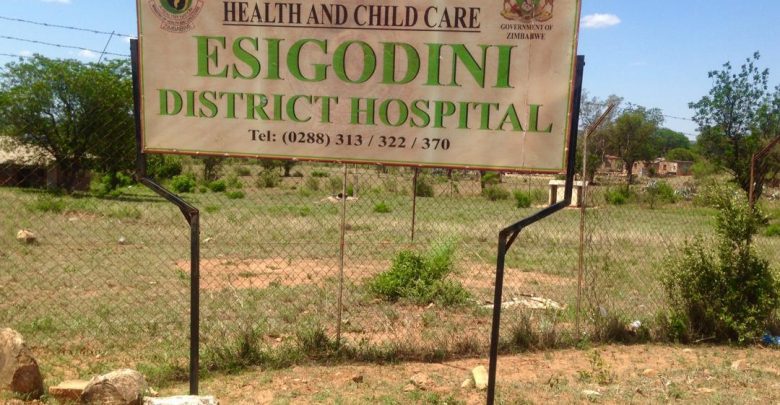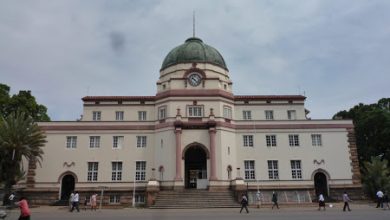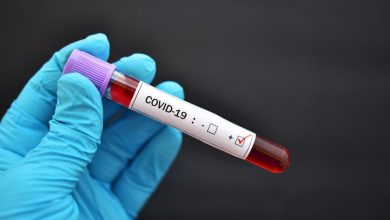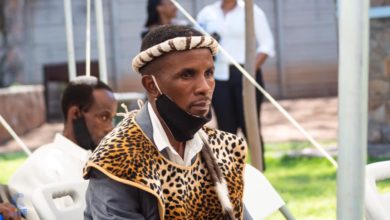Recency tests boost fight against HIV/AIDS

Esigodini District Clinic in Umzingwane is now using point-of-care HIV recency tests to tell when a person was first infected with the virus.
After going through the recency test, health practitioners at Esigodini District Hospital can tell that the HIV infection was contracted within 12 months, as that is the period currently measured.
“Recency testing provides insight into the timeline of an individual’s HIV infection whose information is important to public health for targeted interventions, programmatic shifts, and to strengthen epidemic control,” said Acting District Medical Officer, Dr Cleophas Makonese, in an interview with CITE after touring Esigidoni’s health institution.
The tests are part of the Care Based Surveillance (CBS) and recent infection surveillance that
Esigodini District Hospital has rolled out with the use of Electronic Health Records (E-HR), which are important in the fight against HIV and AIDS.
Dr Makonese noted that recency tests were used to improve the fight against new HIV infections and beneficial for research undertaken by health institutions.
However, the acting DMO was clear patients are not told their result from the recency test as that does not change their HIV status outcome.
“Recency tests are good for surveillance and health care workers but not helpful to you as a patient. That’s part of the agreement when someone agrees to undergo the recency tests.
“Knowing the result is not going to help you as the treatment is still the same. There is no separate treatment for those who tested long back or those recently tested but it helps us to know if there’s an infection going on in a certain area,” Dr Makonese stressed.
“The result is not for your information as we don’t want to start fights at home (when someone starts tracing who may have infected them) We should be clear it does not tell you who gave you infection but tells us the period of infection which is 12 months. It doesn’t narrow down besides 12 months is a long time and anything can happen, otherwise one can attack a wrong person at end of day.”
Dr Makonese confirmed the recency test helps in the fight against HIV by providing health officials with guidance on applying HIV incidence and testing algorithms for recent infections.
Esigodini District Hospital introduced the recency tents in August this year, said Sisasenkosi Ngwenya, a primary counsellor at Esigodini’s OI centre.
“The tests came as a complement to CBS which we had already been doing for the past year. In recency we test new diagnostic cases to see whether the HIV infection is recent or long term. It helps us identify where recent HIV infections are coming from,” she explained.
Ngwenya gave examples that through the tests, Esigodini District Hospital identified that two mines (names withheld) were giving more recency infections
“We do testing for everyone who comes here and after we diagnose with HIV, we offer recent tests. We started them in August and tested 90 positives. Of those 25 who have recent infections, the two mines came out to be the highest in terms of the population with the highest recent infection,” she said.
She added that the institution was now trying to come up with strategies to mitigate against that.
“For example, we can go there and offer Pre-exposure prophylaxis (PrEP) to negative people and voluntary male circumcision to the negative males. We can talk about risk reduction plans and identify what exactly is causing those infections. Maybe there are other people who come in there since the area is populated with miners and sometimes sex workers or entertainers from Jabula Inn move there to entertain the miners,” Ngwenya said.
The primary counsellor once the centre received funds and assistance, it could put its plans into action.
“In order for us to know the root cause, we have to go to those two mines and find out exactly what is happening because as for now, we are speculating,” she said.






